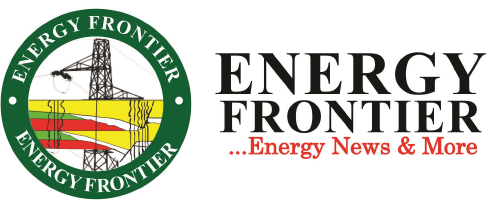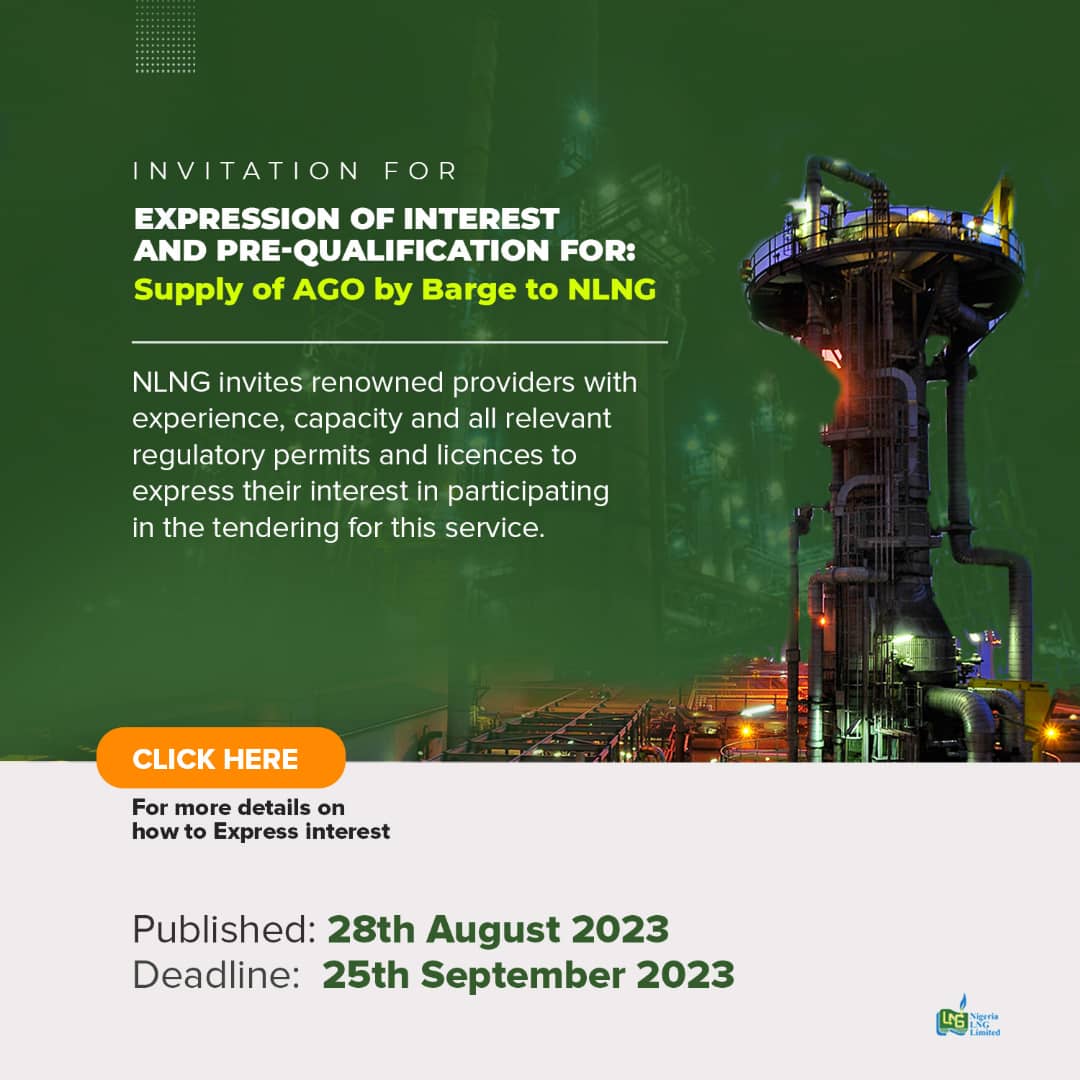Inefficiencies has been identified as the major challenge impeding deregulation of the downstream sector in Nigeria.
The Former Chief Operating Officer, Upstream, NNPC, Bello Rabiu, who is now the Managing Director, Dankiri Farms and Commodities Limited, made this known at the Major Oil Marketers Association of Nigeria, MOMAN, fourth quarter workshop for Energy Correspondents recently in Lagos.
These, he listed to include: chronic state of disrepair of NNPC’s owned refineries, depots and pipelines characterized by long-term low-capacity utilization of the refineries and closures of important sections of the storage and distribution chain which created a large downstream infrastructure gap.
“It has made Nigeria fully dependent on imported petroleum products subsequently heightening social and environmental risks associated with trucking of products across the nation
Between June 2018 and July 2020, NNPC reported operating losses for the four refineries of over N325 Billion at an average monthly operating loss of N12.51 Billion”, he said.
“During the same period, a total of over N327 Billion was expended on pipelines repairs and management (N262 Billion), products losses (N56 Billion) and crude oil losses (N9 Billion) at monthly average cost of N12.58 Billion to the Federation”, he added.
The Operating Model of NNPC’s downstream businesses arguably according to him has contributed to a difficult investment climate for the private sector and made NNPC the single importer of PMS, limiting the space for competitive market.
Others factors according to him are unavailability of dollars to Oil Marketing Companies at the official CBN FX window while NNPC imports all its products at the official exchange rate of N360 per US$. Inability of PPPRA to continue publishing the monthly guiding prices for the deregulated products has created confusion as to which exchange rate should be used for the importation of Petroleum products.
Speaking on non-compliance with the PPPRA regulations on monthly guiding prices for PMS; he said, PPPRA renege on its responsibility to monitor the market and advise NNPC and other marketers on the appropriate guiding prices of PMS on a monthly basis.
So also insufficiency of market and industry information that would allow all importers and consumers to understand the basis for any change in price.
“The PPMC Ex-depot price is now the only basis for pricing PMS across the nation. Nigerians would therefore have to pay for any inefficiency associated with the monopoly supplier”, he pointed out.

Bello Rabiu
A review of the current legislation and institutional arrangements establishes gaps which include conflicting provisions with respect to who has the power to fix the prices of petroleum products.
He stated that the Petroleum Act, 1969, Price Control Act of 1977, Petroleum Equalization Fund Act and Petroleum Product Pricing Regulatory Agency Act, 2003 all have varying provisions and powers on Petroleum Products Pricing.
PPPRA has the power to “determine the pricing policy of petroleum products.” Whilst not as explicit as the previous legislations, the PPPRA Act, empowers an additional agency to settle prices of petroleum products. Indeed, as a matter of practice, PPPRA has been determining the prices of petroleum products in the recent past through its pricing template.
“In the current context, it is difficult to establish the true cost of PMS importation into Nigeria. When PPPRA were announcing the monthly guiding prices, the agency claims that the pricing template it published takes into account FOB cost, freight, trans-shipment cost, statutory and admin charges (NPA, NIMASA, PEF, etc), storage charges, financing costs, foreign exchange rate together with generous distribution margins for the Oil Marketing Companies, transporters and Retailers”, he noted.
“But the Major Oil Marketers Association of Nigeria, MOMAN, insists that the cost of importation of petroleum products, especially PMS, is beyond the reach of its members, primarily due to unavailability of FX at the same rate applicable to NNPC. They also insist that distribution costs the template allots to marketers is inadequate to sustain their businesses”, stated Rabiu
“NNPC as the sole importer of PMS is utilizing its domestic crude oil allocation to import PMS under the DSDP arrangement, thus benefiting from unrestricted access to FX at official rate of N360 per US$. Oil Marketers would end up with a higher landing cost that is at least 25% higher than NNPC’s if they procure FX at N480 or more”, he maintained.





















